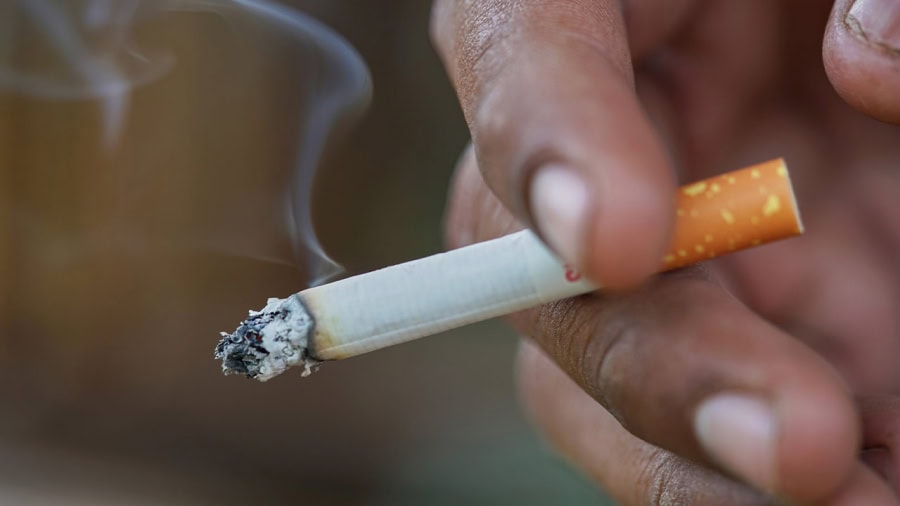ISLAMABAD – According to a report by the World Bank called ‘Pakistan Development Update’, if Pakistan implements the current tax rate on premium cigarettes (Rs. 16.50 per cigarette) on standard cigarettes, it could generate a significant increase in revenue of 0.4% of GDP, which is equal to Rs. 505.26 billion.
However, Pakistan has been unsuccessful in reducing the influence of multinational tobacco manufacturing companies, which has resulted in over 160 deaths annually, according to a global study.
The Good Governance in Tobacco Control (GGTC), an international watchdog that monitors tobacco control, has included Pakistan in an index where the tobacco industry heavily influences governments. In its latest findings of 2023, the international watchdog deemed Pakistan’s performance in adopting measures to prevent the tobacco industry’s influence, ensure transparency, and avoid conflicts of interest with multinational tobacco companies unsatisfactory.
The report highlighted that tobacco companies in Pakistan are not prohibited from promoting themselves through so-called socially responsible activities, or from promoting their products through sponsorships of events, activities, or individuals.
The GGTC findings also revealed that tobacco taxes in Pakistan were 61% of the retail price, while the global standard was 70%.
In February, the International Monetary Fund (IMF) Technical Assistance Report titled ‘Pakistan Tax Policy Diagnostic and Reform Options’ advised Pakistan to overhaul its tax system by increasing taxes on non-essential items like cigarettes and applying a uniform tax on cigarettes regardless of their national or multinational brand.
According to the report, Pakistan generated only 0.5% of GDP revenue during FY21, while cigarette taxation contributed 0.19% of the GDP at current levels and has remained relatively stable in recent years.
On the other hand, a recent study by London’s Imperial College called ‘Tobacco & global environmental footprint’ ranked Pakistan among nine poor countries that produce 90% of the world’s cigarettes.
The study finds that tobacco production in underdeveloped countries should concern policymakers. Out of the top 10 tobacco-producing countries, 9, including Pakistan, are developing and fall into the category of low-income food-deficit countries (LIFDCs).










